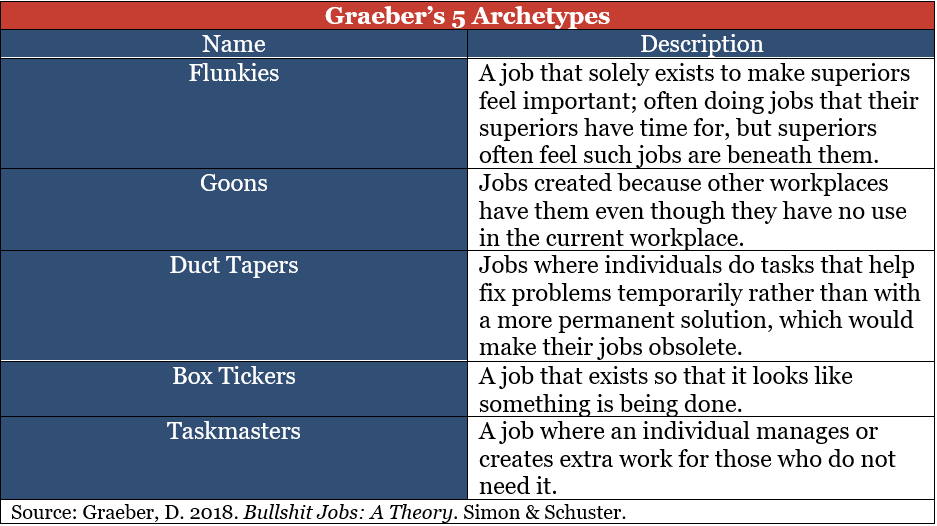Both the Center on Budget and Policy Priorities and the National Conference of State Legislatures project that budget shortfalls for FY 2020 and FY 2021 could create millions of dollars’ worth of deficits. In order to save money, some state information technology workers are already planning to work permanently from home, even after the pandemic has subsided. Keep the possibility of permanently working from home in mind as budgets shrink and innovative solutions are explored. What could your procurement office look like in the post-pandemic? Here are 3 tips for re-building your post-pandemic procurement office.
1. Connect the Value of Procurement to Your Workers
In the post-pandemic procurement office, it will be easy to lose sight of the value of procurement especially if more people will be working from home. The American Society for Public Administration explains that public sector employees are motivated by more than just pay, “[they] are motivated by the willingness to serve the public and the underlying desire to make the world a better place through their actions.”[1]
In his 2018 book, sociologist David Graeber points to the increasing feeling of job dissatisfaction in society. One of the reasons Graeber mentions about this dissatisfaction is the disconnect between what you do for a job and how that contributes to the good of society. Graeber describes it as doing one job in an assembly line but never knowing what the product looks like at the end.
Do your buyers know how they are contributing to make a world a better place? Does the procurement office administrative assistant understand how their support serves the public? Regularly reminding workers of the value of their work and procurement’s value to the public can help keep job dissatisfaction at bay.
2. Commit to Smart Reorganization
A critical examination of your procurement office now could help you in the future if you are asked to downsize staff. Graeber points to 5 common archetypes of jobs that do not add value and often lead to dissatisfied workers because of the lack of connection of their work to the public good.

Do any of your procurement office have any of these positions?
- If so, why?
- Can a task be given to someone else who has more time?
- Why are they there?
If you are in the position of being forced to reorganize, view our webinar Four Strategies for Effecting Change in Government Agencies for tips on how to implement change and how to prepare for it beforehand.
3. Embrace Hands-On Management Not Micromanagement
The new procurement office will be one where work from home will be more common and procurement staff might shrink due to budget cuts. Already, there are disappointing stories of workers not doing their remote work and of micromanagers finding ways to micromanage their workers from their homes.
Allison Green, author of Ask A Manager, explains that this often happens not just in remote work but also in the office. Managers often confuse good hands-on management with bad micromanagement. There is a balance. Hands-on management is useful in certain situations such as when you have a new worker that still is learning, or when you are looking for a very specific result. Green explains, “…it’s not micromanaging to clearly explain what a work product or outcome should look like, or to ask that work be done correctly, or to expect people to incorporate your feedback into their work in the future. That’s managing.”[2] Granting your procurement team independence with a balance of hands-on management will help ensure you have a successful post-pandemic procurement team.
- Bassetti, M. (2018, January 12). Public Service Motivation: Applying Maslow’s Hierarchy of Needs to Understanding Employee Motivation and Engagement. The Public Administration Times. https://patimes.org/public-service-motivation-applying-maslows-hierarchy-understand-employee-motivation-engagement/?platform=hootsuite
- Green, A. 2015. Micromanaging: Not Always a Dirty Word. Ask A Manager. https://www.askamanager.org/2015/06/micromanaging-not-always-a-dirty-word.html
